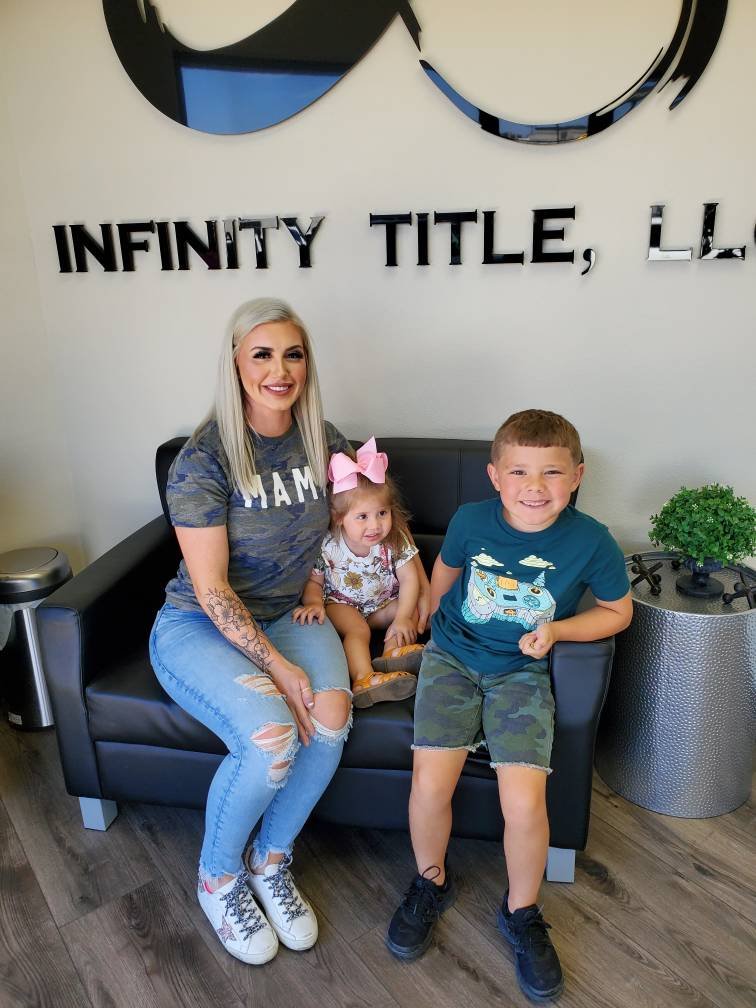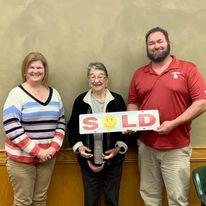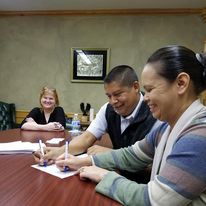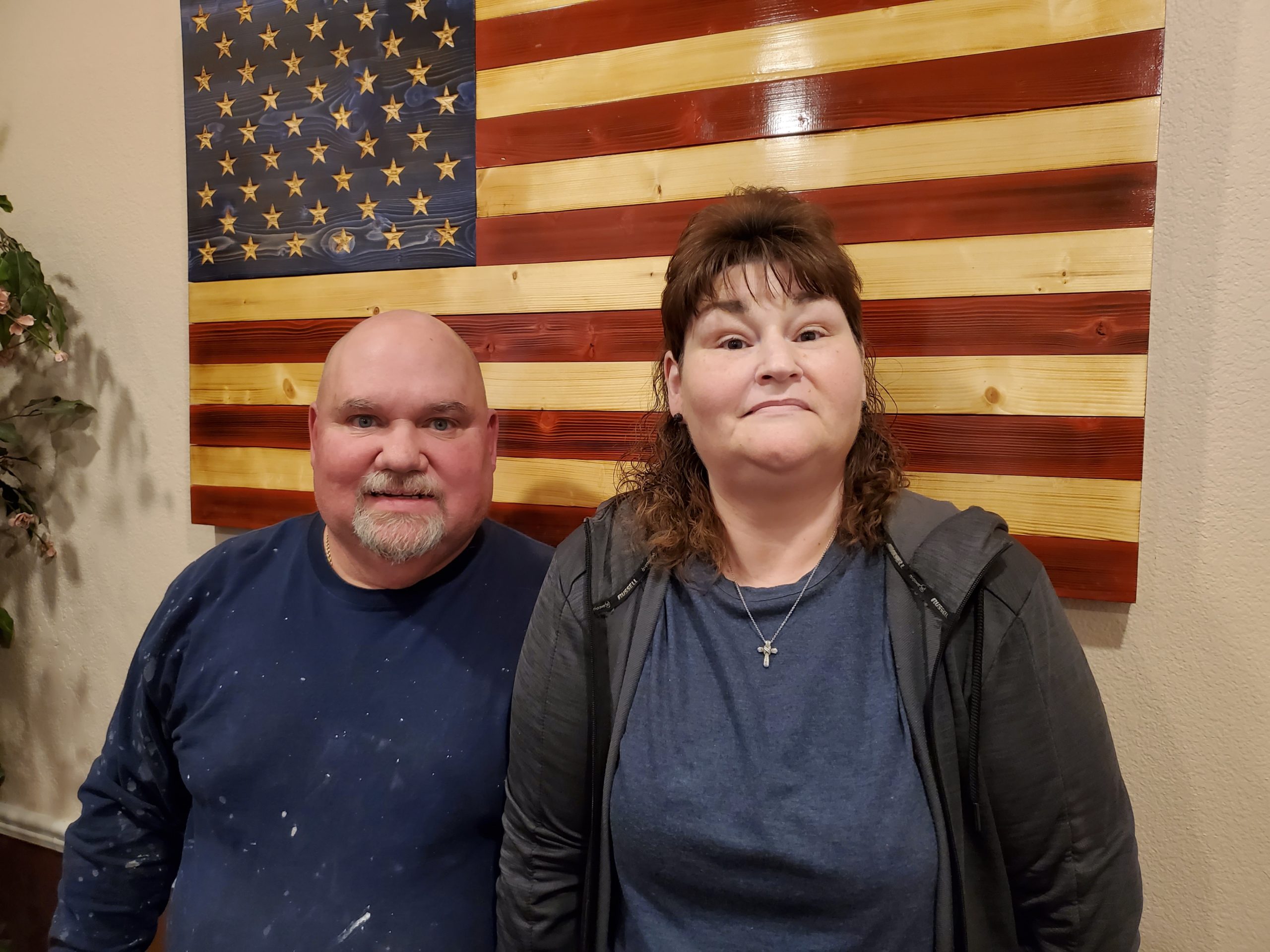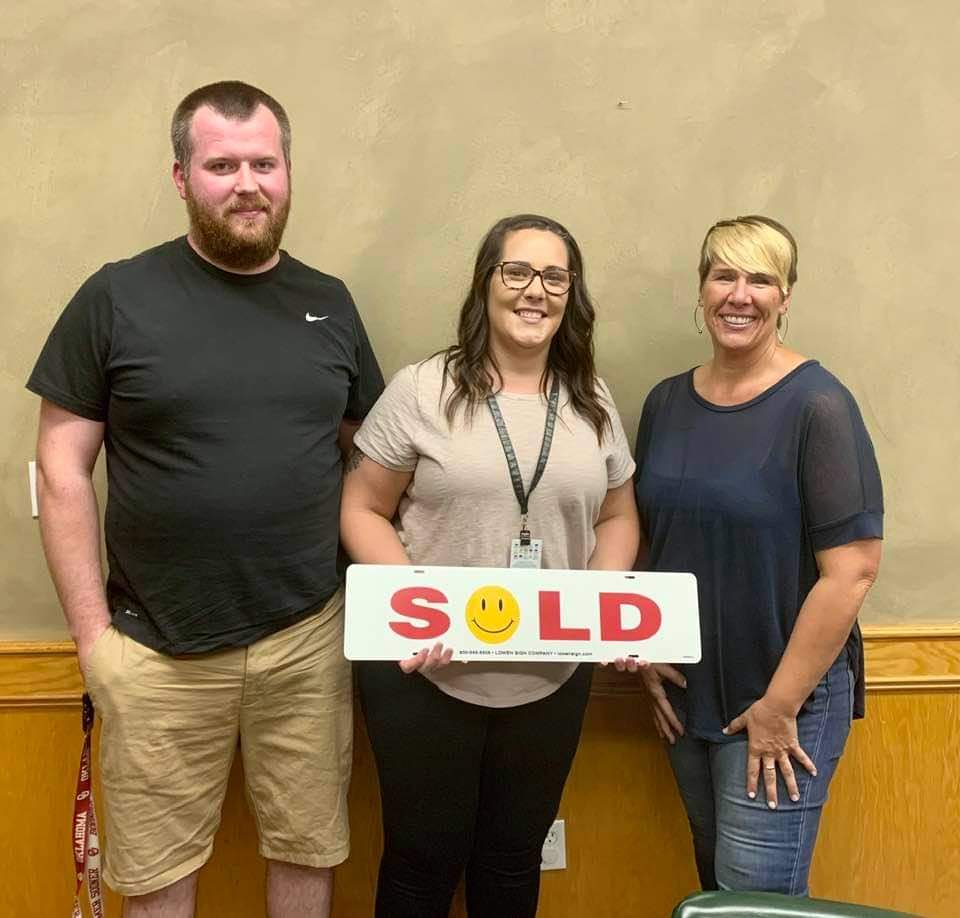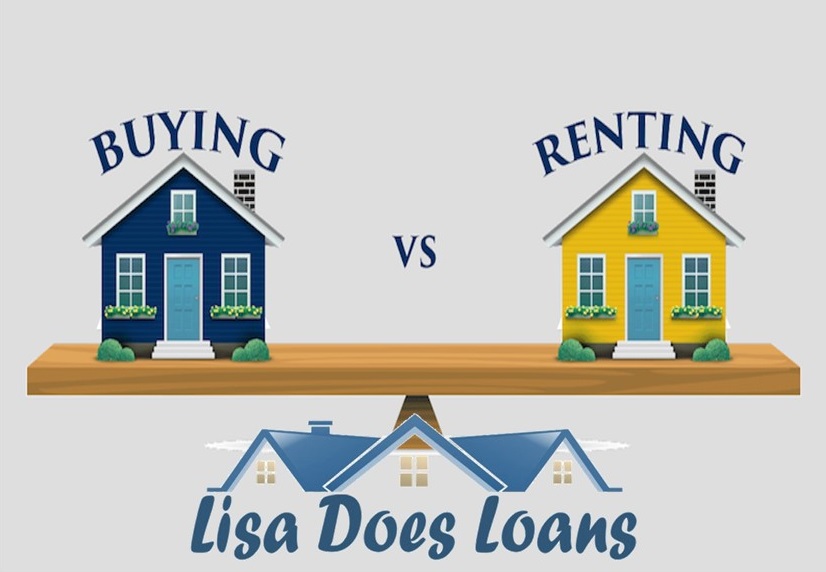
One of the questions I get asked frequently is:
“How do I know if I should buy or just keep renting?”
This is an excellent question and something I decided to talk about with you today.
Rent in Tahlequah ranges from $500-$2000/mo or more, with the average amount paid coming in at $797/mo, according to Trulia. If you do a little research and find listings of homes that are for sale that are also renting (or have recently rented) or look at the purchase price of recent purchases that are now rentals to compare the sales price to the rental price, you can quickly find comparisons on what the rent markup is. My research showed it ranges from 35-49%. What this means is that if you buy a home, instead of renting a home, you may be spending almost twice as much to build someone else’s equity investment instead building your own!
Questions to ask yourself before you buy:
How long am I likely to live here?
If you will be living in the home long enough, you will have built enough equity for a return on resale. If you will be living there on a shorter term, your realtor can help you choose a property that will resale without issues, be turned into an investment property, or if you are planning on leaving the area, it might be a smarter strategy to keep renting. Let’s talk about it.
Is my credit good enough to get a home loan?
I can help you with that. As a broker I work with various lenders and some that I work with are made for those with excellent credit and have low rates and wonderful options, but I also work with lenders who specialize in programs that benefit those who are working on their credit, but aren’t the picture of health yet. I can work with scores as low as 580-600 with scores varying program to program, and can give you a free consultation to see exactly where you are, and we can discuss what programs and options might benefit you the most. Some specialized programs require a better score (for higher risk with income) but we will talk about all the options available to you specifically.
What about the home insurance, property taxes, and other expenses of home ownership?
With some of the programs I work with, we build escrow for these items right into the payment. You pay these as part of your mortgage monthly payment and the mortgage servicer pays the annual bills on your behalf. I always encourage my buyers to keep an emergency fund, however, for items like replacing a hot water tank or other home ownership issues that might come up. You can also negotiate in your real estate contract for a residential service agreement and your realtor can help you with that. That can often manage those items like hot water tanks or HVAC units that have issues after you have purchased your home.
How much money do I need upfront to purchase a house?
This varies and if you have the money to put down on a home, then I would encourage you to bring as much money as possible for down payment and closing costs or be prepared to do so. However, many of my clients in this part of the state are qualified for 0% down payments and depending on the property they choose and how it appraises, many times we can even roll the closing costs into the financing so that they can become homeowners with $0 out of pocket.
Buying a home instead of renting can be a great option for many people. If you are interested, I would encourage you to have a conversation about it. Call me to discuss your specific situation and the programs that might benefit you. Even if you aren’t ready yet, talking to someone to know the steps to take is the most important first step. In a few months, or a year, you will thank yourself for starting now.

